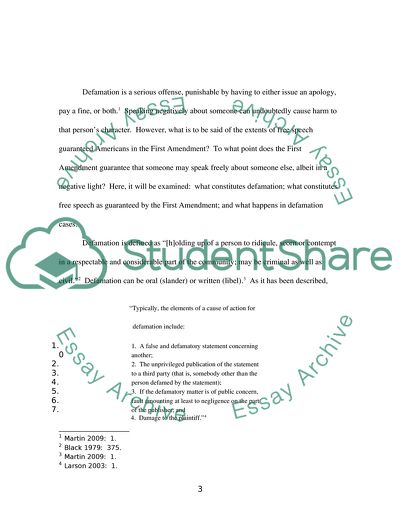Cite this document
(“Not Found (#404) - StudentShare”, n.d.)
Not Found (#404) - StudentShare. Retrieved from https://studentshare.org/law/1724036-legal-enviorment
Not Found (#404) - StudentShare. Retrieved from https://studentshare.org/law/1724036-legal-enviorment
(Not Found (#404) - StudentShare)
Not Found (#404) - StudentShare. https://studentshare.org/law/1724036-legal-enviorment.
Not Found (#404) - StudentShare. https://studentshare.org/law/1724036-legal-enviorment.
“Not Found (#404) - StudentShare”, n.d. https://studentshare.org/law/1724036-legal-enviorment.


